Are the Olympics too dangerous to be held in 2021?
Rising cases of COVID in Japan have citizen worried and athletes concerned about the games
Anti-Olympic protests in Japan in May
June 2, 2021
Due to the global COVID-19 pandemic, the 2020 Olympics was postponed for a whole year from July 24 up until August 9. Now it is expected to be held from July 23 until August 8. It will also take place in Tokyo, Japan at the Japan National Stadium. Japan is contemplating the challenge of hosting the summer Olympics despite the surge of COVID-19 cases all around the world, yet the Olympic officials still hope to have all of the Olympics contestants come without the chance of an outbreak. But are the Olympics still going to be held during the summer of 2021, or is it just too dangerous to be held for yet another year into the pandemic?
In the words of Avery Brundage, the fifth president of the Olympic games, said in 1972, after a number of of setbacks to the games including war, terrorism and bigotry, “the games must go on.” And that is exactly what is scheduled to happen in Tokyo. Olympic officials and Tokyo organizers have remained optimistic that the Olympic games will go on this summer of 2021.
“Officials have said repeatedly that an Olympics can be safely staged this summer, even as public sentiment in Japan wavers and health experts highlight some of the dangers,” said one of the Olympic high ranking officials. People of Japan feel strongly against the Olympics taking place due to the pandemic. It feels rushed. But with safety regulations put in place, theoretically Tokyo should be safe enough to host the Olympics for the athletes.
With the decision making process, there are anti-Olympic protests happening in Japan right now. The Japanese think that Olympic officials should cancel or postpone the Olympics since Japan is a country where 1% of the general population is fully vaccinated. There is currently an online petition to cancel the Olympics that went live as of May 5 and now has more than 310,000 signatures.
With COVID-19 cases surging in Japan right now, there is speculation that the Olympics will yet again be postponed for another year. Japan is currently in their fourth wave of COVID-19 infections and as it reaches closer to the Olympic date, more and more citizens are worried. There is a worldwide concern for Tokyo hosting the Olympics in the summer of 2021. But the Japanese government and Olympic officials think “there is no plan B” and that it is still scheduled to take place. They are not giving up on the Olympic games without a fight.
On the other hand, according to People.com, Pfizer BioNTech will donate plenty of COVID vaccines to the Olympic athletes participating in the Olympic games this year. This will lessen the increase of COVID-19 between the athletes and make for successful Olympic game.
“This donation of the vaccine is another tool in our toolbox of measures to help make the Olympic and Paralympic Games Tokyo 2020 safe and secure…By taking the vaccine, they [Olympic athletes] can send a powerful message that vaccination is not only about personal health, but also about solidarity and consideration of the wellbeing of others,” said International Olympic Committee President Thomas Bach. Bach feels that the vaccination is critical for Olympic athletes to receive before the Olympic games begin. But again, he is not enforcing them to receive the Pzifer vaccination. Hopefully with the offering of the vaccine, the Olympics will become a safe environment for everyone.
COVID vaccine doses will be delivered to the Olympic athletes’ home countries which are easily accessible for them to get. The hope is that every athlete competing will get the vaccination and be safe for the upcoming Olympics. Pzifer Chairman and CEO, Albert Bourla, had said in a statement that, “the return of Olympic and Paralympic Games represents a monumental moment of world unity and peace after a grueling year of isolation and devastation… we are proud to play a role in providing vaccines to athletes.” This vaccine will potentially bring everyone together and give the world something to look forward to after a long year of trials and tribulations.
Olympic athletes that would have participated in the 2020 Tokyo Olympic Games are well underway with their training and are currently practicing COVID-19 protocols. With word from Olympic officials and the Japanese government, the Olympic athletes have some raised concerns as well. Justin Gatlin, an American sprinter, had stated that “Athletes were under strict orders about where they can go, including where they eat.” The strict rules need to be put in place to maintain safety for all athletes and their delegations. All Olympic athletes will need to obey these guidelines and rules in order to maintain safety measures and have a safe Olympic game in Tokyo this summer.
Athletes will need to be tested for COVID-19 every single day for safety measures. Fans will most likely not be allowed to spectate the Olympic games due to the COVID-19 pandemic. According to an article from NY Times, “At a typical Olympics, fans make up the great majority of visitors to the host country…Japan has restricted entry to athletes, coaches, journalists and Olympic officials…They will all need to take several COVID tests before coming and athletes will be tested every day during the Olympics.” Without fans to spectate and enjoy the game, it will most likely be televised for all to see, but it won’t be the same as pre-COVID where everyone could go watch in-person. Athletes will have to practice these safety measures every day of the Olympics to keep everyone safe and healthy and risk-free from COVID-19. Bur ultimately, a COVID-free Olympics seems unlikely.
Hopefully, the Olympics will be able to be held in the summer of 2021 without any complications. The Japanese government and Olympic officials seem very positive and confident it will, but yet again anything could happen. Fingers crossed, these Olympic athletes will have a chance to show off their skills in order to win the gold medal with or without spectators.

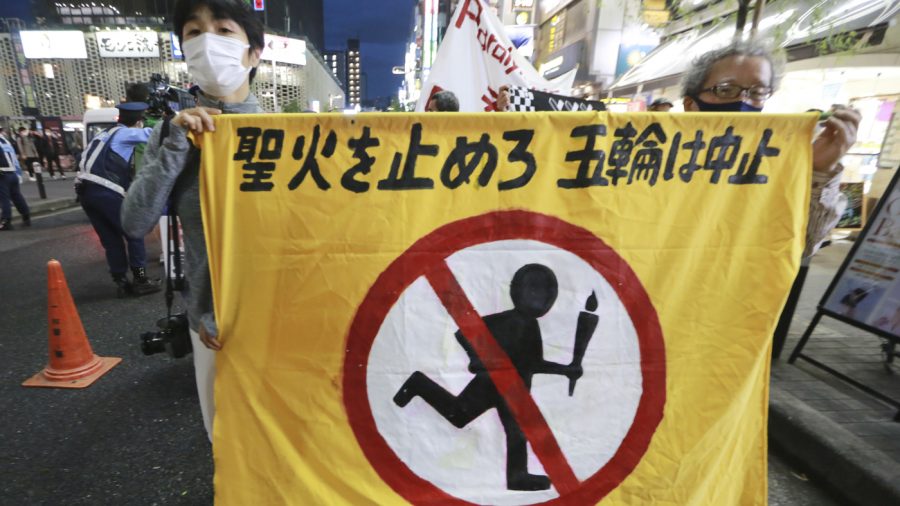


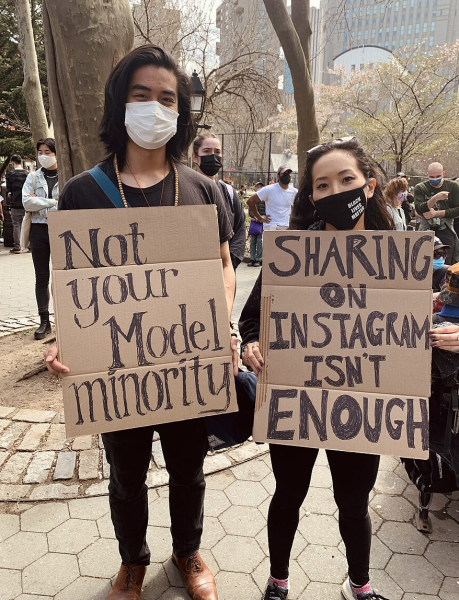

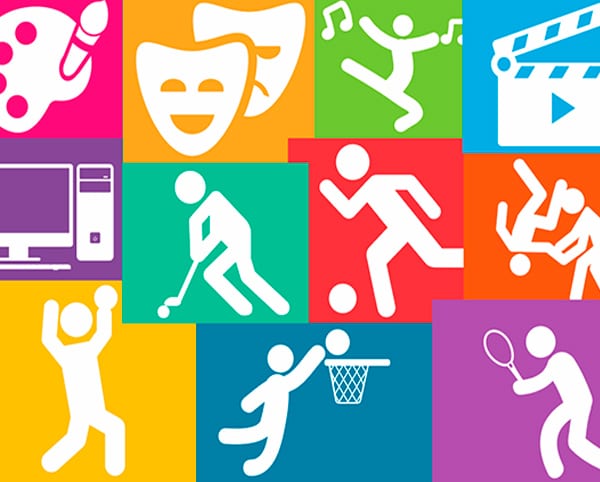

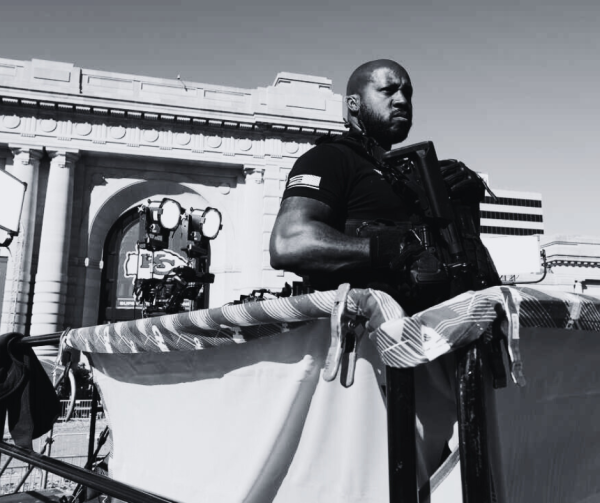

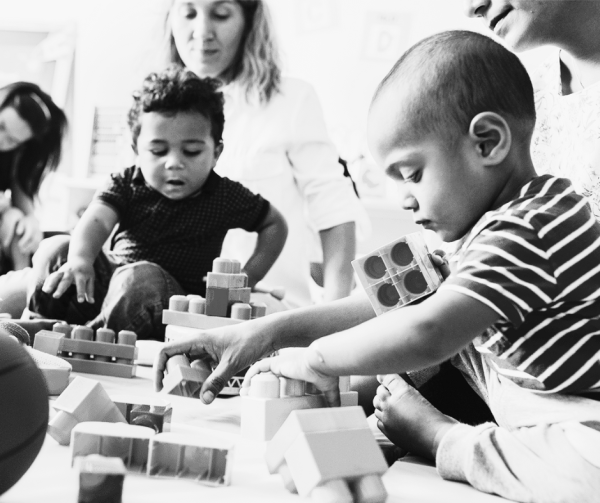
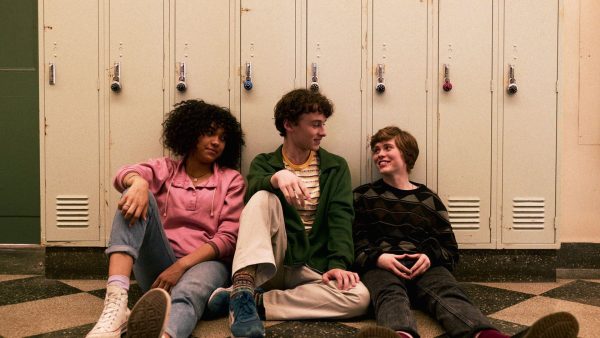
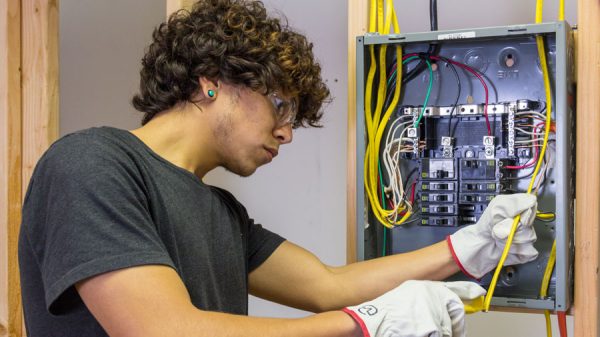
Alex Pratt • Jun 4, 2021 at 10:24 am
The olympic games need to happen this year. The world just wasn’t the same without an olympic games last year. The world needs this right now as a distraction from the pandemic that everyone can enjoy.
Andre • Jun 3, 2021 at 8:02 am
awesome article